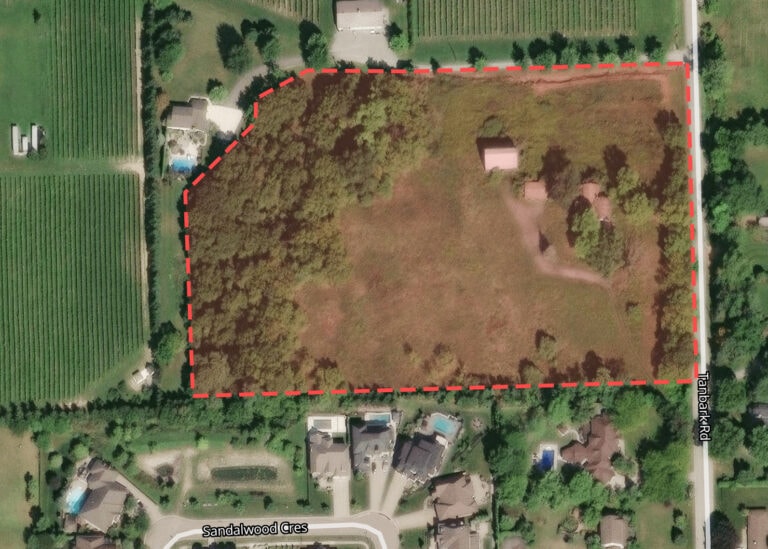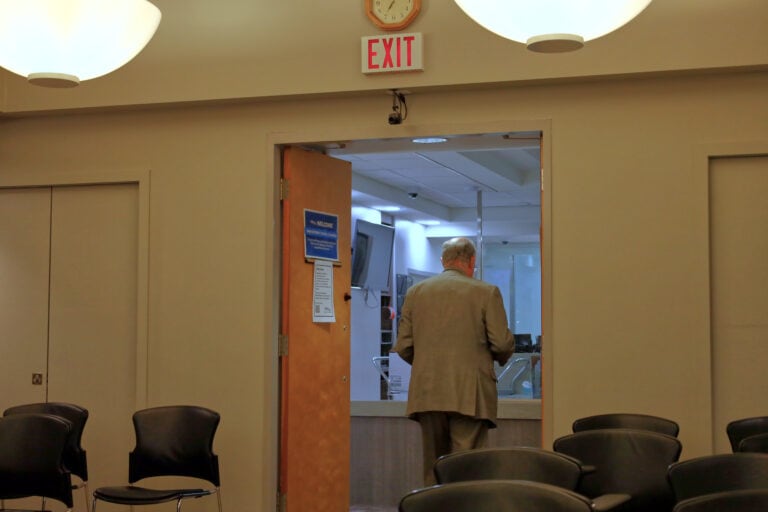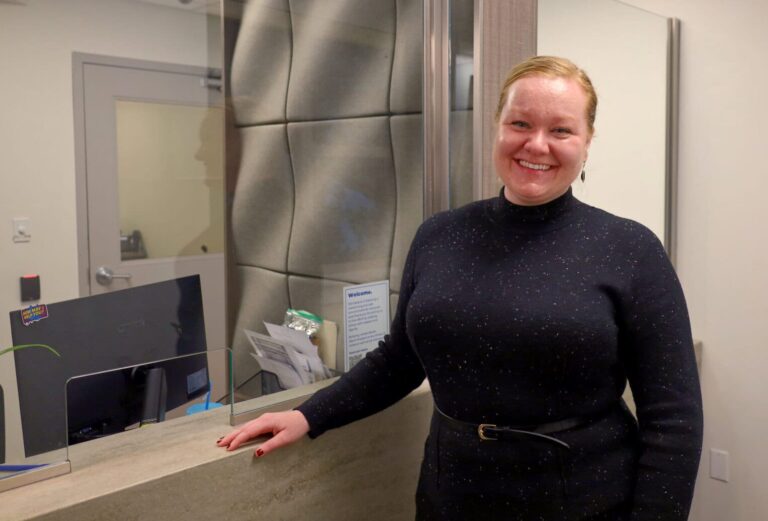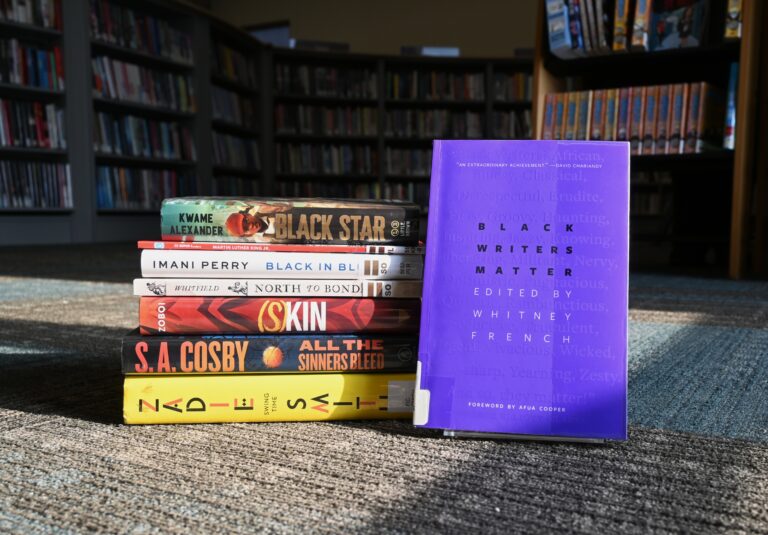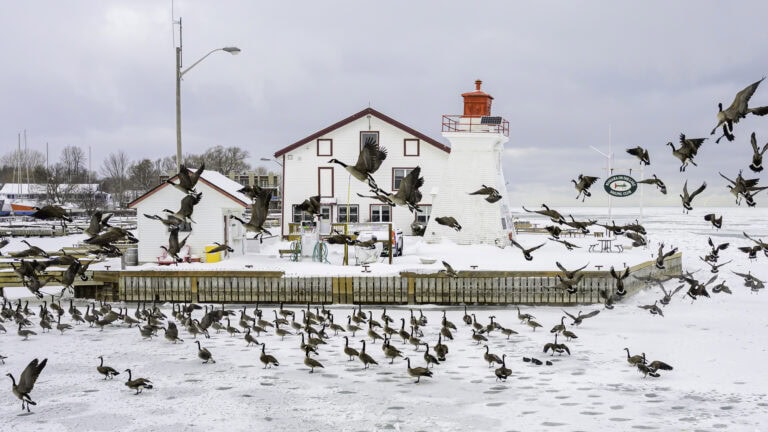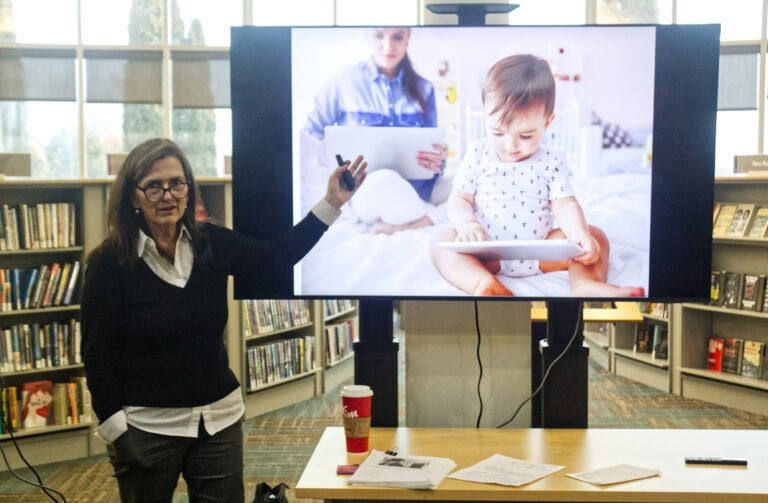People hoping for updates to Niagara-on-the-Lake’s short-term rental bylaw or an end to the moratorium will have to wait longer.
Council voted Tuesday to postpone its decision until October, delaying proposed amendments that were expected at the meeting.
Coun. Wendy Cheropita introduced the deferral motion — she said there hasn’t been enough consultation with the community on the future of the short-term rental bylaw, such as how many rentals should be allowed to operate in town, how many should be allowed in one area and special rules for villas and cottages.
“If we could, I’d like to defer this motion,” she said. “So that we can actually engage the stakeholders.”
Coun. Erwin Wiens, acting as deputy lord mayor in Lord Mayor Gary Zalepa’s absence, clarified that deferral motions must include a date. The motion passed without further discussion.
The deferral came after three speakers addressed council: one with a new short-term rental proposal and two offering recommendations for amending the bylaw.
Mark Stewart asked council to exempt his project — a plan to convert the former First Presbyterian Church of St. Davids into a villa — from the current pause on licences. Council voted against his request.
The other speakers, Al Legal and Jason Clements, both previously talked to council about the issue.
Legal, representing the NOTL Bed and Breakfast Association, focused on “unhosted short-term rentals.” He acknowledged the benefits of short-term rentals but urged council to address the issues they may bring.
Citing Statistics Canada, Legal said NOTL ranks low in unhosted rental density but warned that limits are still necessary.
He said he’s in favour of regulations to prevent “clustering” — multiple rentals in a single neighbourhood—and suggested a minimum spacing of 150 metres between properties.
The goal, he said, is to reduce noise, particularly from properties without on-site hosts. He also repeated longstanding concerns about rental properties with pools, which some residents say lead to loud parties.
Clements, a real estate agent and former owner of Niagara Holiday Rentals, said he spoke on his own behalf. He urged council not to eliminate cottage rentals entirely.
“I ask the current moratorium remain in place until proper discussions of density, limits and total numbers can take place,” he said.
Clements argued the moratorium was intended to address housing concerns, but said most cottage rentals are second homes that would not return to the long-term market.
Instead, he suggested owners might choose to move in full-time, effectively ending the short-term rental industry.
“If we get rid of short-term rentals, we will have a tourism market made up entirely of hotels and bed and breakfasts,” he said, warning of potential negative economic impacts.
Council was expected to vote on amendments to the town’s short-term rental bylaw, originally passed in 2021.
The bylaw governs licenses for tourism properties that resemble private homes, such as cottage rentals, country inns, villas, bed and breakfasts and vacation apartments, typically found on platforms like Airbnb and VRBO.
In December, the town imposed a moratorium on new short-term rental licences, freezing the number at 231. That moratorium is still in effect until council approves new bylaw amendments.




